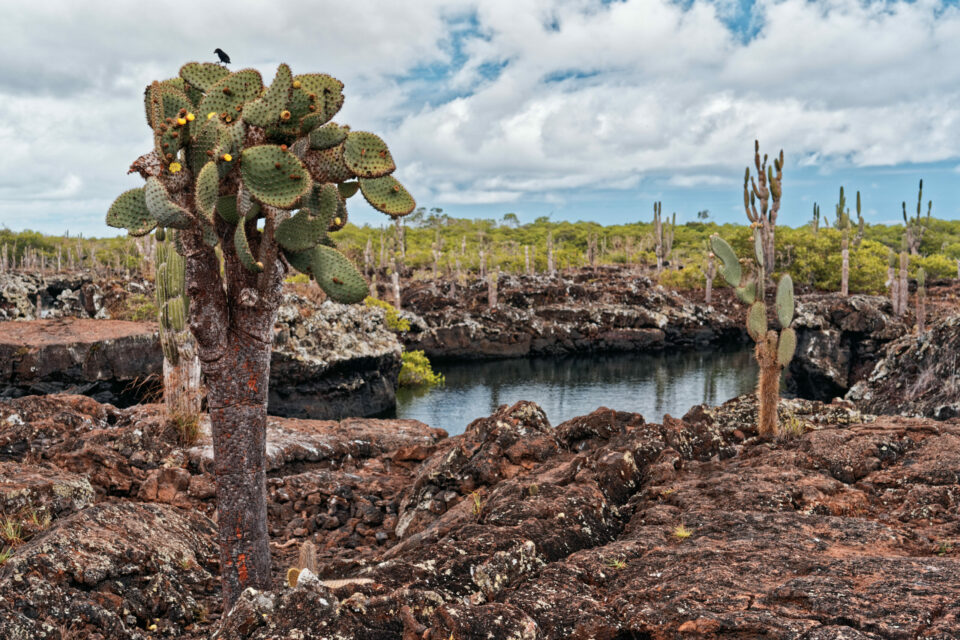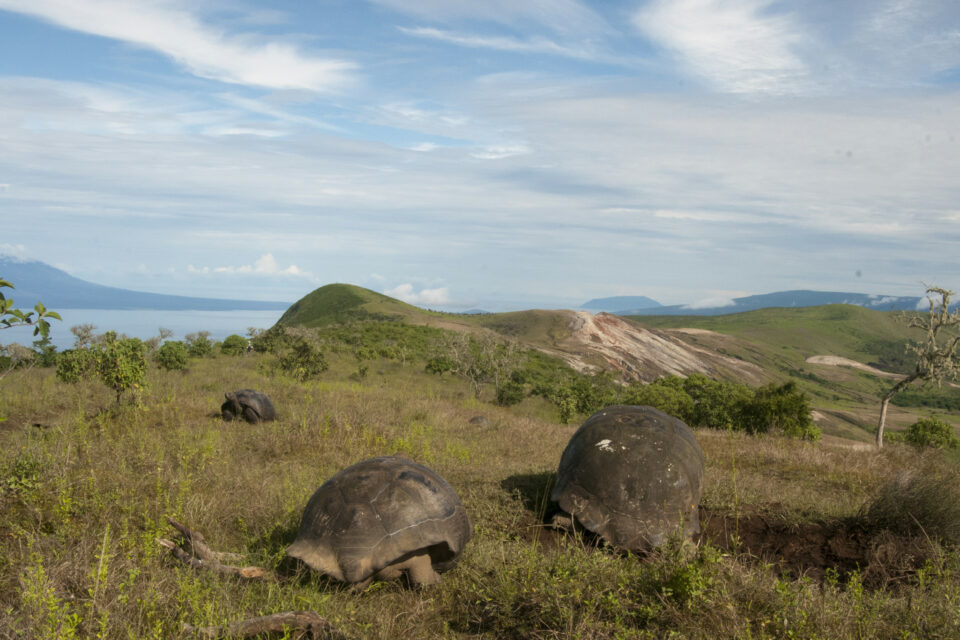

Isabel Cooper: A pioneering woman in Galapagos
Isabel Cooper was one of the first professional women to work in Galapagos, an artist on board the Harrison Williams Expedition to the Archipelago in 1923.
Although the expedition spent just four days in Galapagos and did not make any major contributions to Galapagos science, it did bring the Islands alive and to a mass global audience through the publication of Galapagos: World’s End by expedition leader William Beebe exactly 100 years ago in 1924.
The book – with a stunning watercolour frontispiece of a land iguana by Cooper – was an instant hit, the first print-run selling out within weeks and the book staying in the New York Times’ top ten list for months. Within a few years of publication, there had been a rapid increase in the number of private yachts in the islands, characterised by concerned Quito residents as a “Yankee Invasion”. Beebe’s romanticised view of Galapagos is thought to have inspired the arrival of over 100 Norwegians in the late 1920s. It also struck a chord with German doctor Friedrich Ritter and his former patient Dore Strauch, whose Nietzschean romanticism led them to start a new life on the then-uninhabited Floreana in 1929.
“The lavish illustrations and Beebe’s excellent narrative did more to bring the Galapagos to public attention than any other book since the Voyage of the Beagle,” wrote zoologist John Treherne in The Galapagos Affair, the mysterious story of Ritter and Strauch’s doomed adventure.
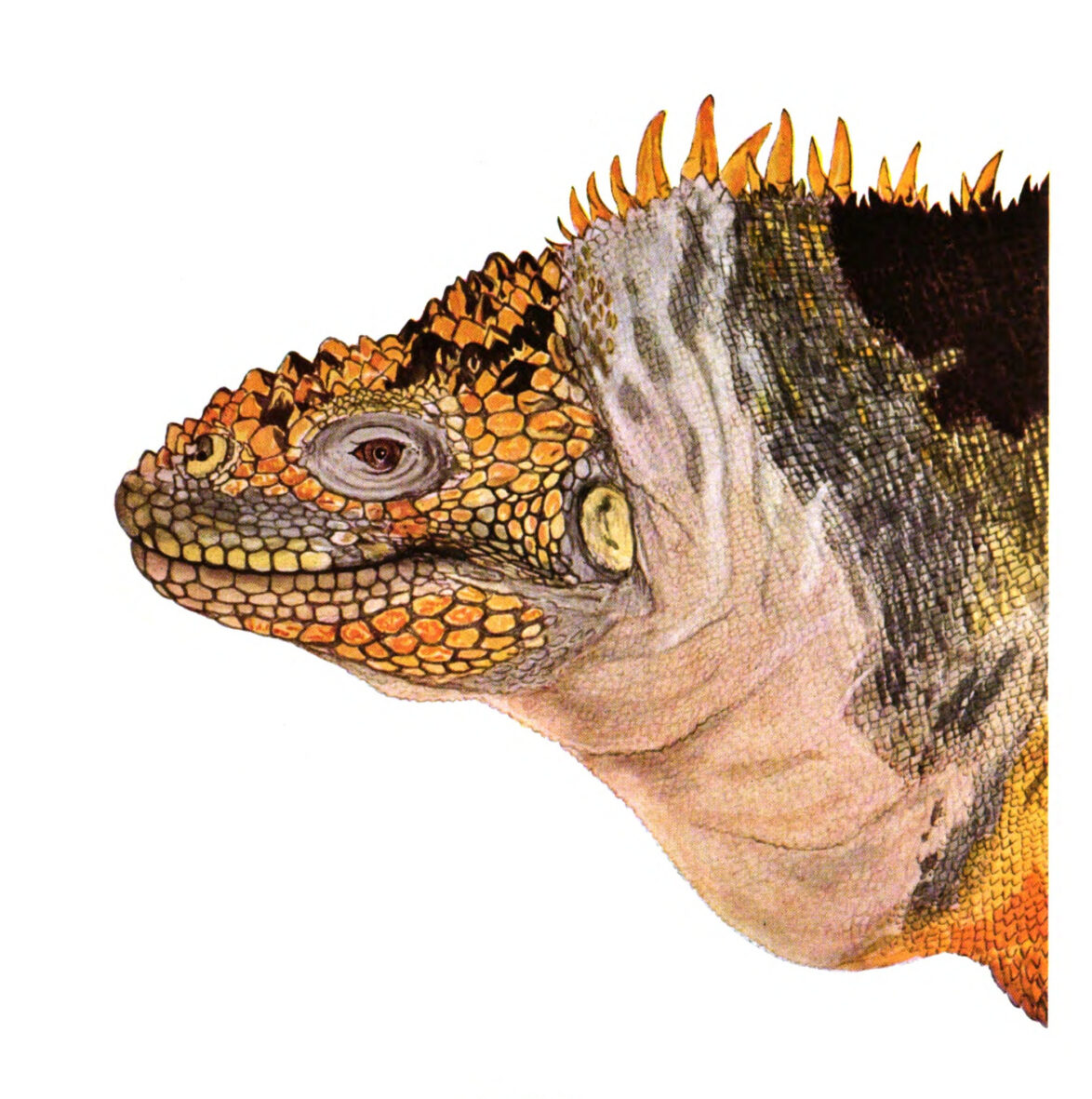
Cooper was born in 1892 in Tacoma, Washington and studied art at Barnard College and Columbia University before Beebe hired her as a staff artist to paint animals collected during expeditions of the New York Zoological Society (NYZS). Cooper was unusual for her determination to paint live animals so as to capture their colour and character.
“The only way to pose them is to hold them still with one hand, and draw them with the other,” she explained in a feature on her that appeared in The Woman Citizen. She made five trips to the Zoological Society’s tropical research station in Guiana, two to Galapagos and one to Venezuela, had several exhibitions of her artwork and was made an honorary life member of the NYZS in 1922.
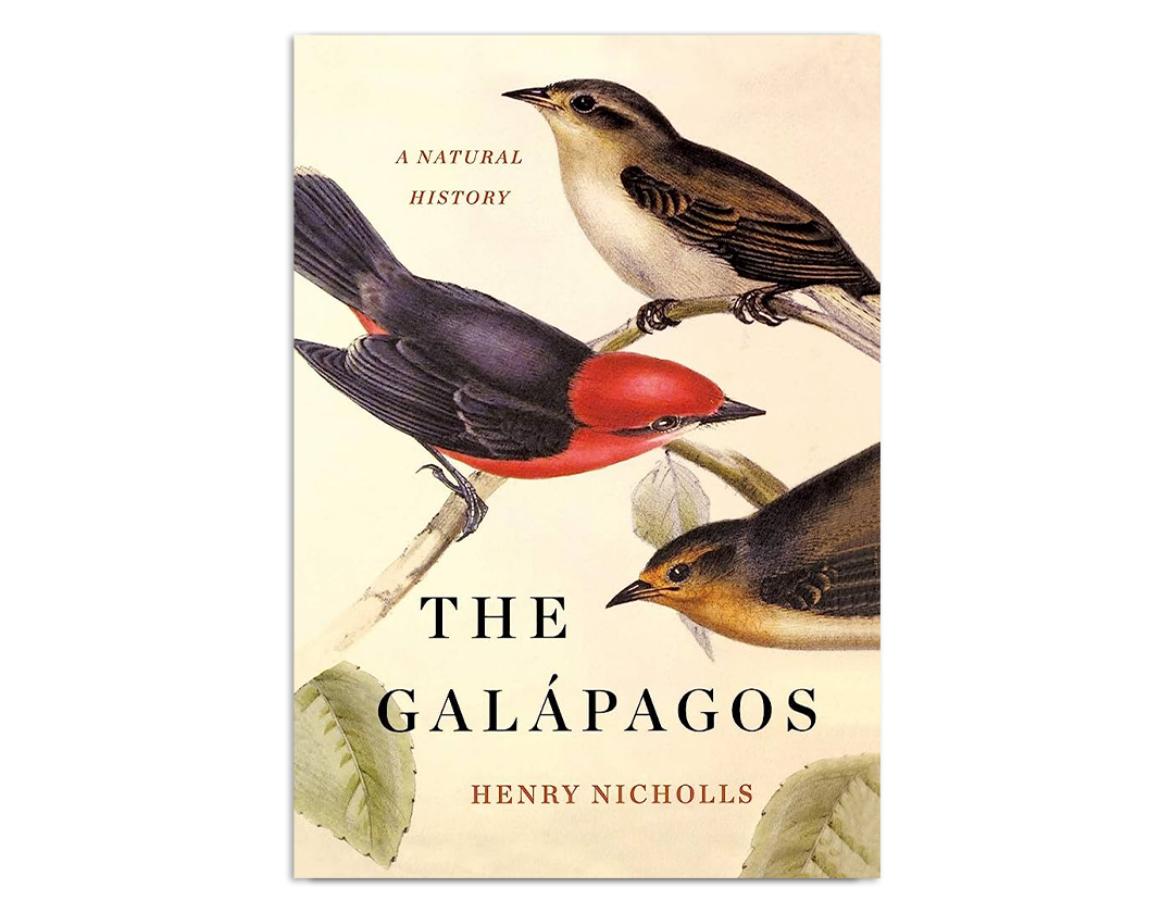
The Galápagos: A Natural History
Henry Nicholls’ fantastic book gives a brilliant overview of the history of the Enchanted Isles, from their volcanic origin all the way through to the arrival and impact of humans. This is a must-read, whether you are a first time visitor or an old Galapagos hand.
Related articles

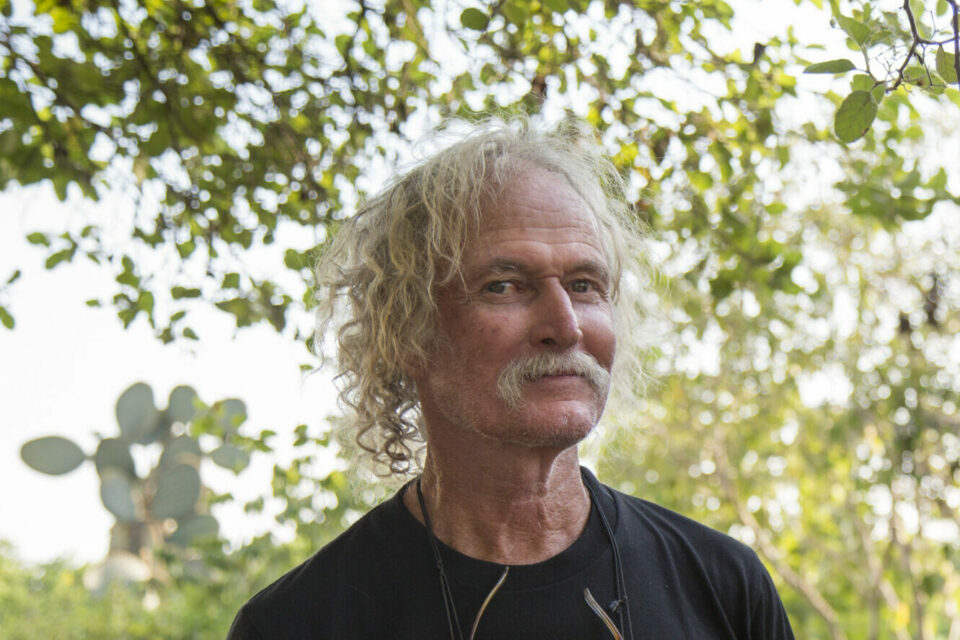
Remembering Godfrey Merlen
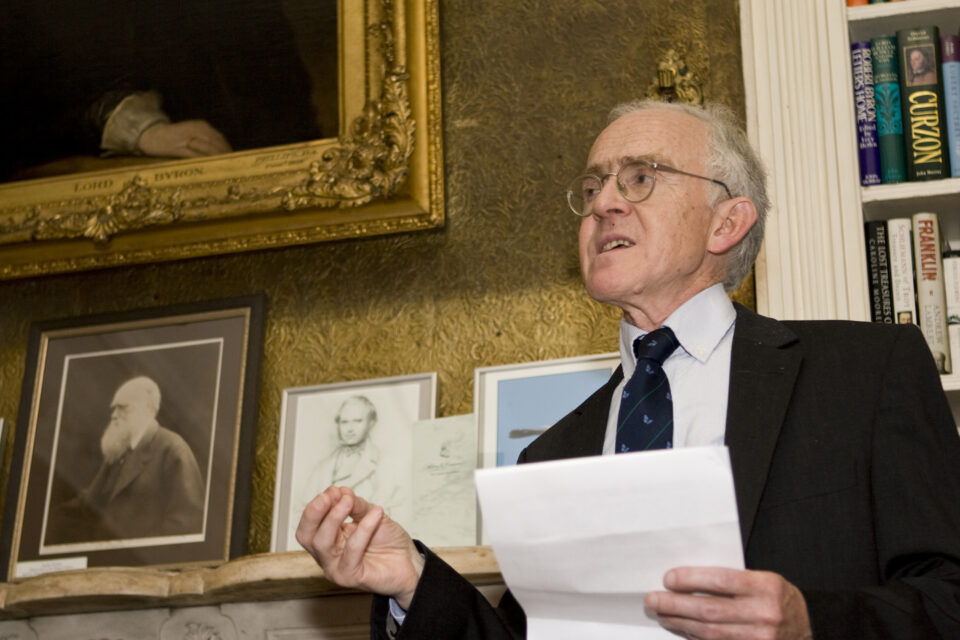
Remembering Randal Keynes
